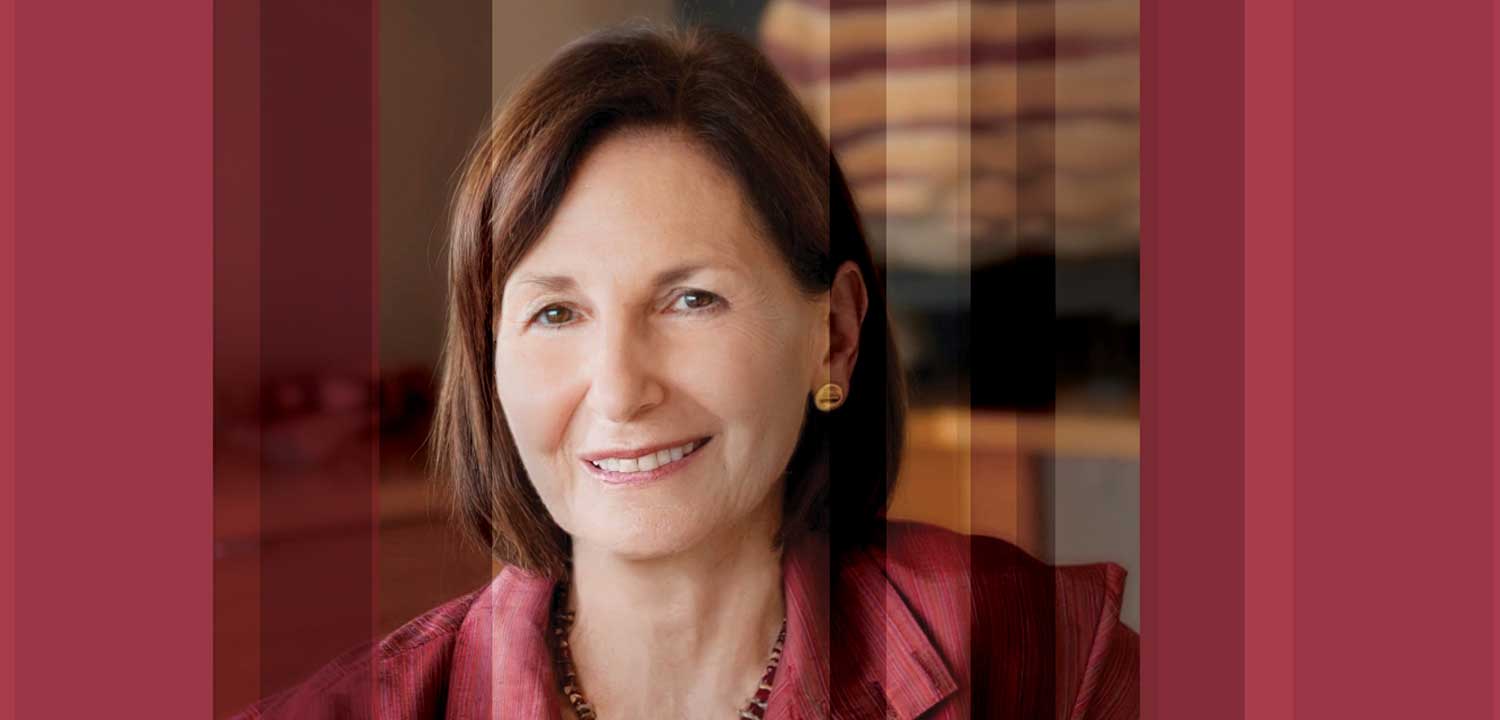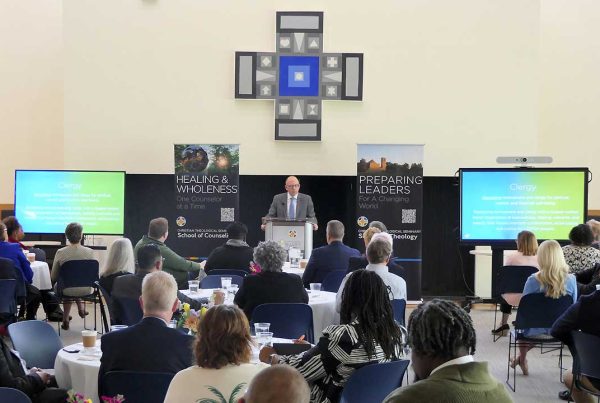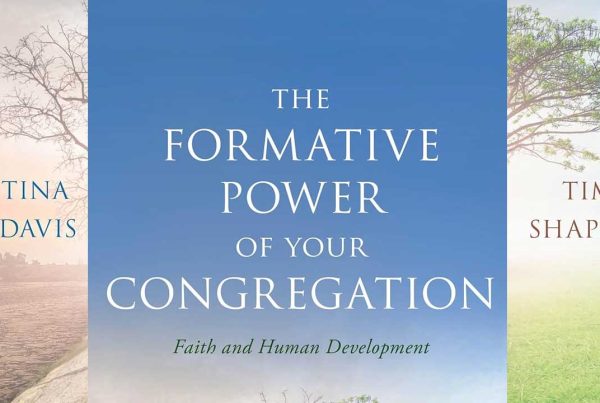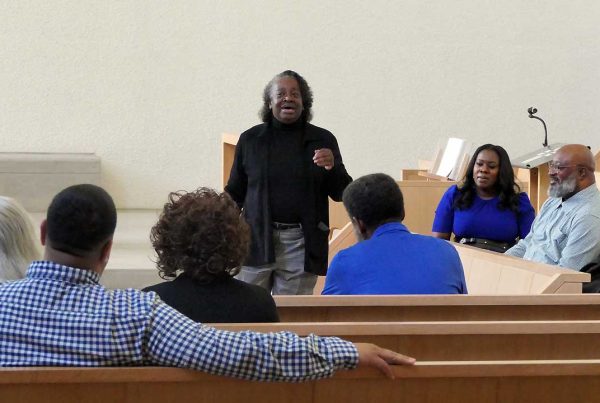School of Counseling MAMFT Program Celebrates Milestone
Author: Dr. Suzanne Coyle – Lois and Dale Bright Professor in Christian Ministries, Professor of Pastoral Theology and Marriage and Family Therapy, Director of the Marriage and Family Therapy Program
This year’s Annual Spirituality and Psychotherapy Conference “Connecting Spirituality and Striving for Social Equity and Justice” takes place on March 22-23. The conference honors the CTS MAMFT program’s 30th anniversary of accreditation from the Commission on Accreditation for Marriage and Family Therapy Education (COAMFTE) and features keynote speaker Dr. Celia Falicov.
Falicov is an internationally known family therapy author, teacher, and clinician. A clinical psychologist, She is well known for her writings on family transitions, migration, and cultural perspectives in family therapy practice and training. Her best-known book, Latino Families in Therapy will be available for purchase at the conference. Between sessions on Saturday, Dr. Falicov will sign copies of the book. Her current work focuses on addressing the mental health care needs of underserved families, facilitating empowerment groups for Latino parents, and training medical students to consider the impact of migration and culture on health risks and strengths.
The public lecture on Friday night will bring Dr. Falicov’s hands on experience with Latino and Indigenous communities to bear on ways in which social equity and justice have by their very nature an essentially spiritual core. Saturday morning will focus more on clinical challenges and resources in striving for social equity and justice. Saturday afternoon will focus on a discussion panel composed of CTS faculty and community leaders.
The speaker and topic fit well with CTS’ commitment to diversity in race, culture, gender, and sexual identification as a welcoming and affirming institution. Layered with this diversity is the commitment of the School of Counseling to spiritual integration in degree programs, courses, and clinical training.
Correlating with social equity and justice, the MAMFT program strives for diversity and inclusivity. The program attracts, celebrates, and affirms students and clients from diverse identities and backgrounds. Recent benchmarks for racial inclusivity included recruiting 45% of students who represent minority demographics. Previously, student demographic numbers included 30% minorities. 55% of students are Caucasian; 39% are African American, and 7% are Hispanic, Latino/na. The program has a 30% diversity benchmark goal for supervisors. Currently, 50% of supervisors represent minority demographics. All MFT supervisors are either AAMFT Approved Supervisors or AAMFT Supervisor Candidates. Currently, approximately 48 % of the program’s MFT clients are Caucasian; 45% are African American; 5% are Hispanic, Latino/na; 1% are Asian-American; and 1% represent other demographic groups.
In addition to a racially diverse clientele, the program attracts LGBT clients and clients of multiple faiths. Its religious diversity includes atheists, agnostics, and “spiritual but not religious” clients as well as Pentecostal, Evangelical, mainline Protestants, Catholics, Eastern Orthodox, Jewish, Buddhist, and Muslim religious perspectives.
The significance of the program’s 30 years of accreditation is no less impressive than its origins. The MAMFT program at CTS began in 1990 under the direction of Dr. Brian Grant. Four years later, the program was accredited by COAMFTE in January 1994. Since then, the program has been re-accredited several times through a rigorous Self Study process. The program requires 300 hours of direct client contact. This re-accreditation involves feedback from MFT students, supervisors, faculty, alumni, employers of MAMFT graduates, and CTS administrators.
Upon a submission of a robust Self Study often totaling 300 pages of documentation, a Site Visit Team composed of MFT program directors, clinicians, and scholars visit the program. An evaluation of the program’s compliance with COAMFTE Standards is then completed. Over the years, the MAMFT program has received two commendations for experience in supervision by COAMTE.
The CTS MAMFT program, while small, remains on the cutting edge of marriage and family therapy training. Dr. Jacquie Braeger and Dr. Suzanne Coyle participated in the AAMFT Beta Group for effectiveness in teaching MFT core competencies. Dr. Coyle serves as a Site Visitor for COAMFTE Site Visits and serves on the Standards Review Committee. Dr. Christina Davis works closely with Center for Congregations which richly adds to the program’s integration of spirituality with relational systemic practice and connection with local congregations.
In past years, the clinical training program has utilized a state of the art simulation therapy training platform. Students serve virtual clients, allowing them to test their skills in an environment focused on learning and development without the risk of unintended harm to real-world clientele. All the equipment students need to execute simulation effectively in this virtual environment is a video/audio enabled computer with an internet connection! For in-person groups or classes, students can train with a projector and screen. Designated facilitators receive training and documentation to prepare for their sessions. Students meet with a Simulation Specialist to establish learning objectives and clarify how their sessions will be run.
The CTS MAMFT offers some unique features. MFT students in the introductory classes have the opportunity to engage with MFT students who are interns at the Counseling Center in live clinical sessions. This opportunity gives the beginning students a Practicum experience before they start seeing clients themselves. It also helps them to assimilate with other intermediate students. The MAMFT program graduates students in high demand in the job market; the program boasts a 100% job placement rate. The 30th Anniversary of COAMFTE accreditation for the program is truly a historic moment.
So, why is accreditation so important? Accreditation assures students that the program is nationally recognized as a quality program in training marriage and family therapists. With this kind of training, all MFTs are trained to work with diverse clientele including individuals, couples, and families. COAMFTE is the gold standard for family therapy accreditation. If a graduate moves to another state, most states require that the graduate applying for MFT licensure holds a degree from a COAMFTE accredited program.
In turn, COAMFTE itself is periodically reviewed by its accreditors, the Association of Specialized and Professional Accreditors and Council for Higher Education Accreditation, and COAMFTE also regularly connects with Association of Marriage and Family Therapy Regulatory Boards. These professional connections through accreditation provide an assurance of professional quality in training.
Given the annual Spirituality & Psychotherapy Conference, the 30th Anniversary of COAMFTE accreditation, and the incredible opportunities available to our MAMFT students and clients, this spring is an exciting time for the CTS Marriage and Family Therapy program.
Why come to the CTS MAMFT Program? It’s where self, systems, and spirit meet in an exciting way.
CTS and the MAMFT Program are proud to partner for this conference with the Indiana Association for Marriage and Family Therapy. Proud sponsors are Family and Community Partners and Indiana University Health.






